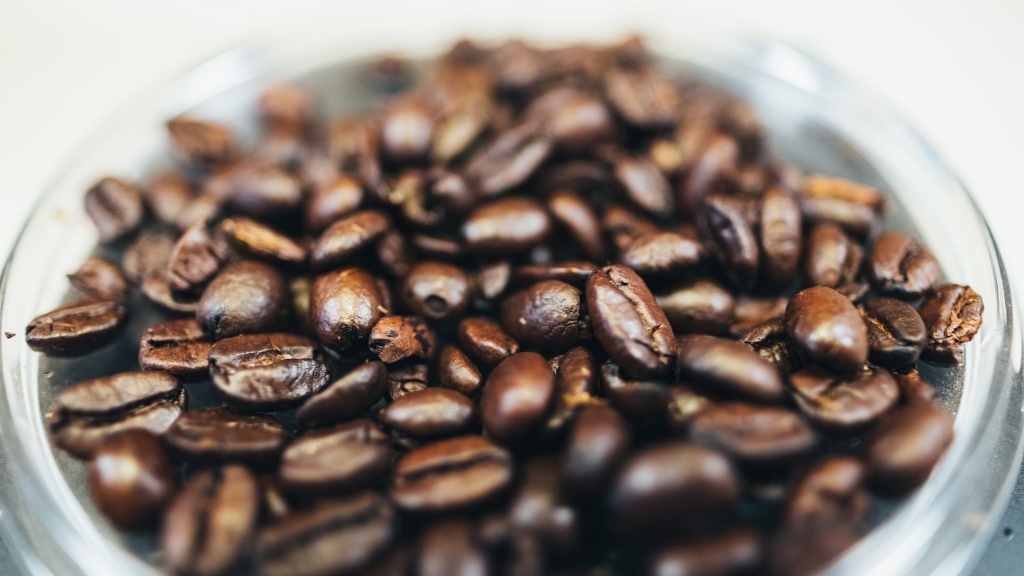It does not seem to be necessary to be a coffee-drinker for a healthy life, as there are multiple researches that point out both positive and negative effects on the health of consuming this beverage.
The key component of the coffee is caffeine, a stimulant which acts upon the Central Nervous System and provides more alertness and energy. However, it may also create a feeling of tachycardia, an increase in heart rate, and even feelings of anxiety.
There have been countless studies done on the effects of coffee both on mental and physical health. Some studies point out that coffee has a positive effect on the brain. Other studies indicate that drinking coffee may have negative effects on health, such as increasing the risk of heart disease, diabetes and certain types of cancer.
Dr. Robert Glatter, an emergency room doctor at Lenox Hospital in New York City, explains that “Caffeine increases the speed at which your heart rate increases and can cause increased blood pressure. While a single cup of coffee found to be safe on its own, when combined with certain medications and supplements, it could be dangerous.”
The American Heart Association recommends to those with high blood pressure, those at risk for stroke, or those who have an irregular heartbeat to limit their coffee intake or avoid it altogether, as it can increase stress hormones, spiking blood sugar and risk for irregular heartbeat.
At the same time, multiple sources point out some potential benefits of not drinking coffee as well. Because caffeine is a stimulant and can make users feel jittery and anxious, some people might prefer not to drink coffee and instead to use more natural alternatives like herbal teas or even natural remedies such as matcha.
Studies indicate that some of the benefits of not drinking coffee are improved mood, improved sleep cycle, and reduced risk of anxiety and depression.
Dr. Tamika Cross, a board-certified obstetrician-gynecologist and Fellow of the American College of Obstetricians and Gynecologists, states that “Some people are highly sensitive to the effects of caffeine because of its stimulating effect on the adrenal glands and metabolism, so ultimately it’s important to assess your individual needs and limitations.”
The mental health effect of reducing coffee intake
One of the most common forms of caffeine use is coffee, a beverage consumed by millions of people each day. Research conducted by the National Institute of Mental Health has found that coffee can have a significant impact on mental health. Specifically, it can decrease one’s anxiety as well as reduce the risk of depression.
One study conducted by the University of Manchester found that not drinking coffee regularly increased an individual’s risk of anxiety. This could be attributed to the fact that caffeine acts as a stimulant and can make one feel energized, alert and focused.
Furthermore, the effects of reduced coffee intake on the brain are still being researched and it has been found that avoiding coffee altogether could be beneficial for individuals suffering from chronic depression.
It is important to remember that not drinking coffee does not necessarily mean an increase in risk of anxiety and depression. It does, however, mean that an individual could benefit from making healthier lifestyle choices, such as getting more sleep, reducing stress, and exercising regularly, in order to boost their overall mental wellbeing.
Anecdotal evidence from some individuals who have reduced their coffee consumption suggests that even a small reduction can reduce stress levels and lead to improved mental clarity. Additionally, some people report improved concentration and less fatigue from dropping their coffee consumption.
In conclusion, while research has found that not drinking coffee can reduce one’s risk of anxiety and depression, it is important to remember that each individual is different, and thus individual needs must be assessed before making any decisions regarding coffee consumption.
The physical health effect of reducing coffee intake
Coffee is a commonly consumed beverage around the world. While it is widely believed that drinking coffee can provide health benefits, research also suggests that reducing coffee consumption can also come with health benefits.
One study conducted by the University of Toronto found that reducing coffee consumption, even by as little as one cup per day, can have significant health benefits. This can include lowering blood pressure, reducing cholesterol levels, and improving liver health.
Furthermore, there are many potential benefits associated with reducing coffee consumption, such as reducing fatigue, improving sleep cycles, and boosting overall energy levels. Additionally, some research suggests that reducing coffee consumption can also reduce one’s risk of type 2 diabetes.
However, it is important to note that not all individuals are the same, and reducing coffee consumption could have different effects on different individuals. For example, some people may feel energized and refreshed from reducing their coffee intake, while others may feel fatigued and suffer from headaches.
Therefore, it is important to assess one’s individual needs before making any decisions about coffee consumption. Additionally, as coffee can be addictive and provide certain mental benefits, individuals should be very cautious about reducing coffee consumption too quickly or drastically.
In conclusion, there are both positive and negative effects to reducing coffee consumption, and it is important to assess individual needs before making any changes to one’s coffee consumption habits.
The immediate effects on caffeine withdrawal
Coffee is a widely consumed beverage, but what happens when an individual decides to cut back on their coffee consumption or quit entirely? It is important to note that quitting coffee cold turkey can have significant immediate side-effects.
One of the most common effects of quitting coffee cold turkey is headaches. This occurs because caffeine acts as a stimulant and increases blood flow to the brain. Therefore, when an individual suddenly stops drinking coffee, the body is left without the stimulant and can suffer from decreased blood flow, resulting in headaches.
Additionally, many individuals who quit drinking coffee cold turkey also report feeling fatigued, irritable, and unable to concentrate, as without the stimulant, the body may struggle to stay energized.
Furthermore, it is important to note that these immediate effects of quitting coffee cold turkey can also affect overall mental health, as the individual could suffer from increased stress, anxiety, and even depression.
It is essential to remember that while quit





